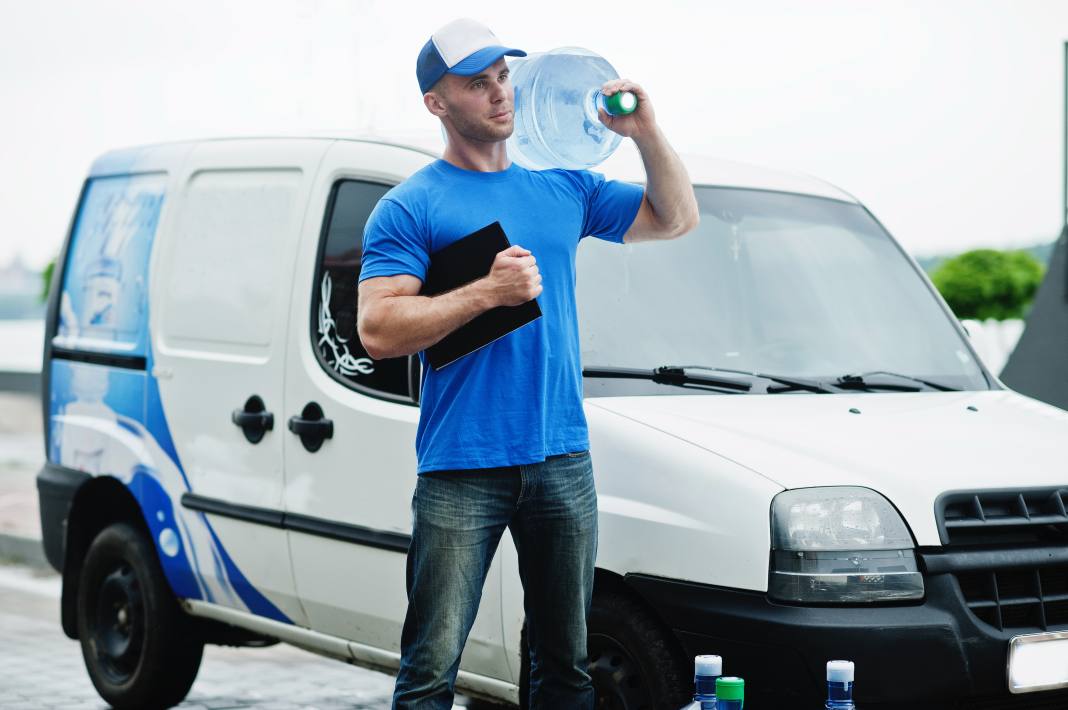I tend to spend a good deal of time talking about vehicles. Similar questions come up all the time – I want to get a new business vehicle, what is the best way to save tax? Should I buy with cash, get finance, or take a lease? How do I allow for private use? Does the type of vehicle make a difference to tax?
For many small business, vehicles are one of the biggest assets they own, but there is still no need to whip out the calculator. I think something has gone wrong if I need a calculator in a meeting, as quickly the client will be left behind!
Now for starters, the best way to save on tax is not to make any money. Make a loss even. Great – no tax!
Of course, this is tongue in cheek – but some clients do focus on the wrong question and can forget that focusing on making the most money is the way to go.
Even if you talk yourself into that flash car so that you can save 28 percent or 33 percent (or 39!) in taxes – you are still at least 61c worse off for each dollar of interest you spent that you did not need to.
My first question back is always –
What vehicle do you need for your business?
Try not to let finance, or lease, or a pending midlife crisis trick you into buying bigger or better than you need. This is a work vehicle – not a Sunday morning showpiece. Yes, spending more will save tax – but see above.
Should I buy with cash?
Occasionally. But often no for a business vehicle. I know businesses who will pay for a new vehicle with cash when the bank balance is healthy. But because they have not got a cashflow forecast, they have not realized that money is already needed for next month’s GST, etc.
It is much easier to borrow for the car than for the GST. If you want to buy with cash, make sure it is not going to be needed later.
Should I lease or buy?
There are times that leasing is the way to go, but generally for your typical tradie or small business I recommend they look past the lease.
The interest rates are much the same as a vehicle loan. But the key difference is the lease vehicle is returned in roughly three years and you have to rinse and repeat the process.
Whereas a vehicle purchased through a loan can be run into the ground if you want, or at least you can have a couple of extra years where its paid off before you renew.
Tradie vans will save more tax than a typical SUV – as an SUV obviously is of more benefit for private use. Sign writing a vehicle can also help save tax.
The type of vehicle can make a difference to tax. For example, tradie vans will save more tax than a typical SUV – as an SUV obviously is of more benefit for private use. Sign writing a vehicle can also help save tax.
What’s the best way to claim vehicle costs?
There are multiple ways to claim vehicle expenses allowed by the IRD, but many of them are a real pain.
Getting a client to complete a logbook of all journeys or days the vehicle was available for private use for three months every three years is just about impossible.
No one wants to track actual costs between what was private or business. So long as there is business use leave this to your accountant to sort out the private use adjustment.
Generally, my advice with clients getting new vehicles is to keep it simple.
Try not to buy something more then you need and do not spend cash that you may need later. Choose a loan over lease most of the time and soon you will have the vehicle paid off and be saving those payments until you renew.




